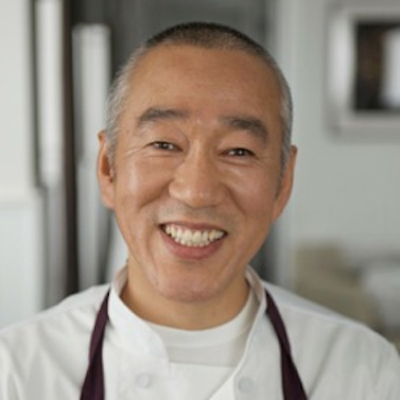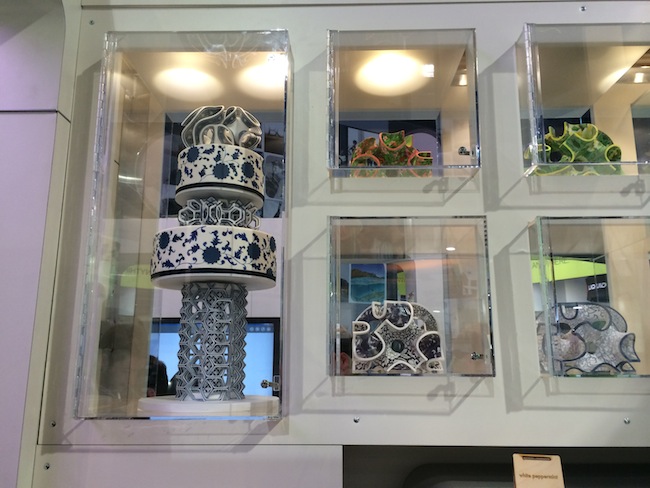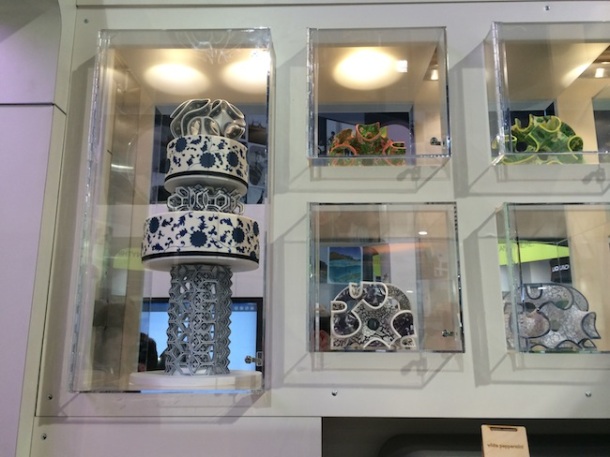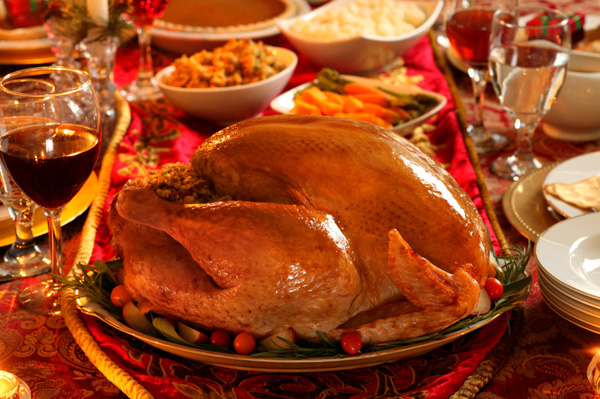Morihiro Onodera
Chef Morihiro Onodera trained as a sushi chef in Tokyo, and at seminal Los Angeles restaurants including Katsu, R-23, Matsuhisa, and Takao as well as Hatsuhana in NY. By the time he opened his first restaurant, Mori Sushi in Los Angeles, he was preparing many of the same handmade ingredients, harvesting his own locally grown rice and creating handmade pottery to be used in the restaurant. After selling Mori Sushi in 2011, Mori began creating handmade pottery for several Michelin Guide restaurants in Los Angeles and established a partnership with rice farmer, Ichiro Tamaki. Tamaki farms in Uruguay will harvest its first crop in May of 2013 and will be available for distribution world-wide.
See Morihiro Onodera April 23, 2014 at “The Science of Sushi”
- What hooked you on cooking?
- The desire to want to eat and taste delicious food.
- The coolest example of science in your food?
- My basic approach to cooking is to think about the natural ingredients and the climate (seasons) of its origin, ingredients that are kind to the body and to earth—a very simple-minded attempt with natural science at its core.
- The food you find most fascinating?
- I’m always seeking the true flavor of a given ingredient—that’s what fascinates me.
- What scientific concept–food related or otherwise–do you find most fascinating?
- Natural science.
- Your best example of a food that is better because of science?
- Konbu and natural salt.
- How do you think science will impact your world of food in the next 5 years?
- It will be interesting to see how the true flavors of ingredients change over time—how natural science will affect that change. Simultaneously, I will continue my studies in discovering and knowing what’s kind for the human body and our earth.
- One kitchen tool you could not live without?
- Rice cooker, including donabe (Japanese clay pot).
- Five things most likely to be found in your fridge?
- Fresh local vegetables, miso, umeboshi (pickled plum), homemade yuzu kosho (pepper), and leftover cooked brown rice. Outside of the fridge: dry goods, salted bran (used for pickling), rice, oil (sesame and olive), salt, konbu.
- Your all-time favorite ingredient?
- Rice.
- Favorite cookbook?
- Book series by Rosanjin (Kitaoji Rosanjin, Japanese artist and epicure).
- Your standard breakfast?
- Black tea (straight). Seasonal, local fruits. Bread or hot rice cereal. Sometimes eggs (steamed) cooked with sautéed spinach.











